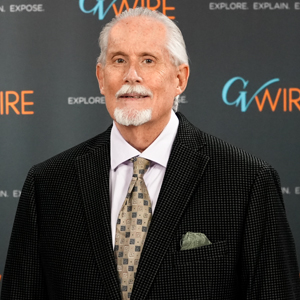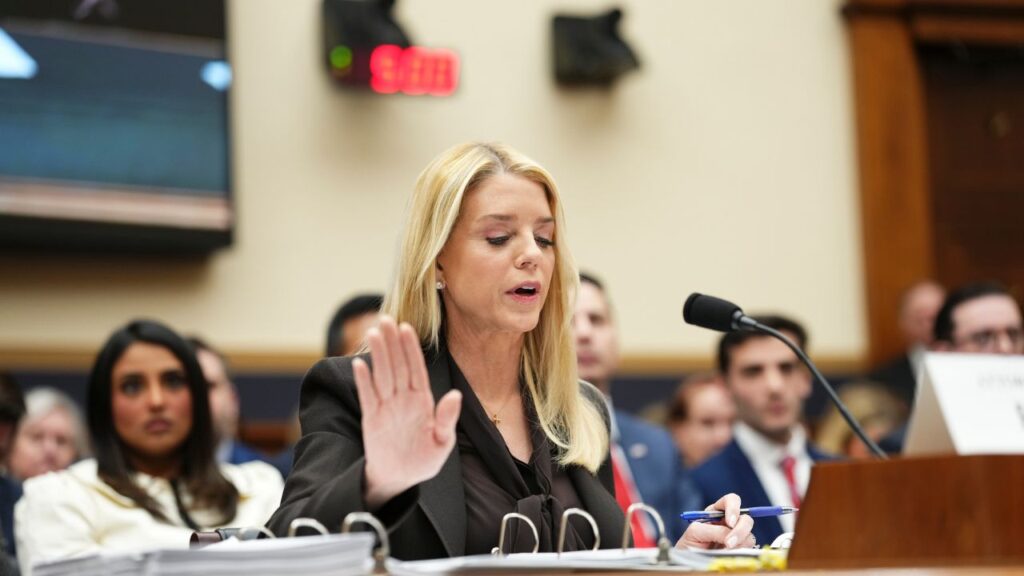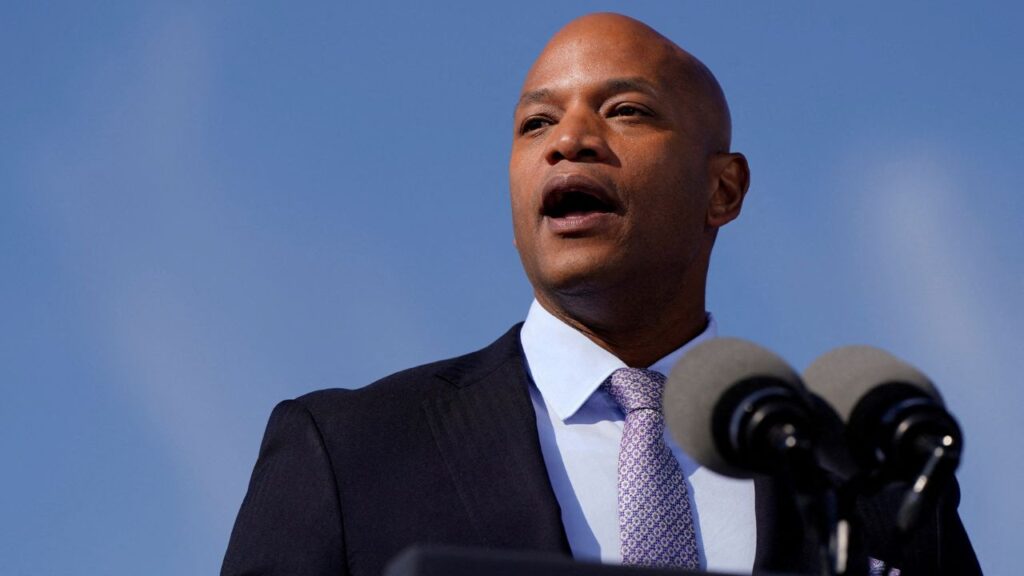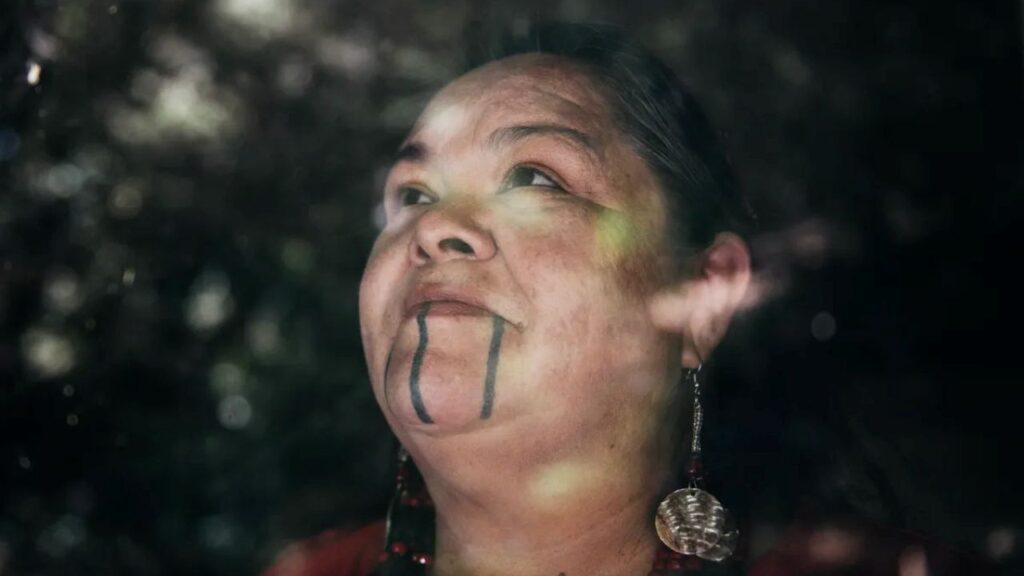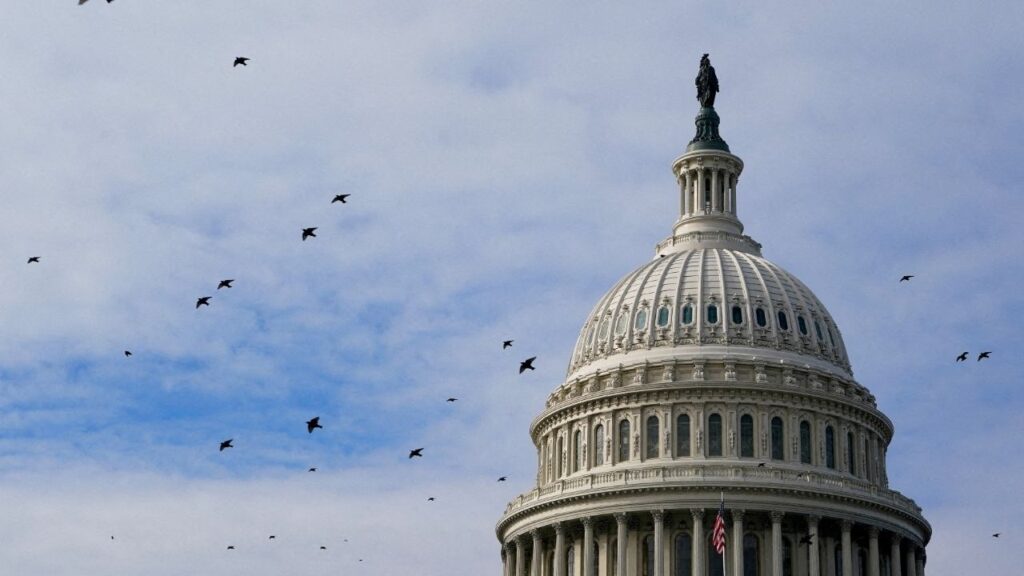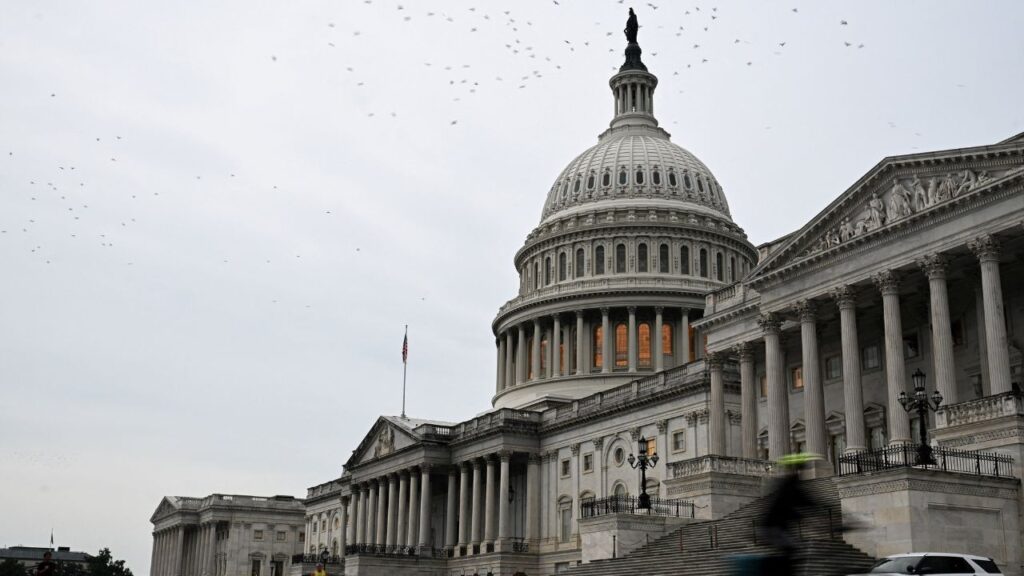Share
Two Fresno area Democrats who attended the signing of President Joe Biden’s $1 billion infrastructure bill into law on Monday say the package will improve the lives of Valley residents and strengthen the local economy.

“We no longer have to live off the investments of our grandparents. These investments will make a difference in every community in the Valley.” — Rep. Jim Costa, D-Fresno
“Today marks a new beginning for our nation. This transformative bill secures millions for San Joaquin Valley water systems, roads, ports, broadband, public transit, and high-speed rail — critical investments that will improve our quality of life and safeguard our economy,” said Rep. Jim Costa of Fresno in a news release. “We no longer have to live off the investments of our grandparents. These investments will make a difference in every community in the Valley.”
Costa noted that the bill “is fully paid for by ensuring corporations and millionaires pay their fair share, strengthening tax enforcement, and utilizing remaining funds from the American Rescue Plan Act.”
State Sen. Melissa Hurtado of Sanger also attended the signing ceremony on the White House Lawn.
“President Biden has kept his promise to the American people, and Americans can finally see a glimpse of light at the end of the tunnel with the passage of the Bipartisan Infrastructure Investment and Jobs Act,” said Hurtado in a news release.
“The passage of this bill means much more than the desperate need to modernize our aging infrastructure. The passage of this bill also symbolizes Americans coming together for the betterment of this nation and its people. When the community of Teviston went without water during this year’s heatwave, the last thing on their minds was party politics. They needed water no matter, plain and simple.”
13 House Republicans Crossed the Aisle
Costa was one of 215 Democrats who backed the act. Thirteen House Republicans voted for H.R. 3684 and that delivered a final tally of 228-205 in favor of a bill that is expected to create more than two million jobs over the next decade.
All four members of the Valley’s House GOP delegation opposed the bill: House Minority Leader Kevin McCarthy of Bakersfield, Tom McClintock of Elk Grove, Devin Nunes of Tulare, and David Valadao of Hanford.
In the Senate, 19 Republicans, including Senate GOP leader Mitch McConnell, approved the bill. Later, an angry former President Donald Trump issued a statement attacking “Old Crow” McConnell and other Republicans for cooperating on “a terrible Democrat Socialist Infrastructure Plan.”
Much Tougher Road for Social Spending Bill
Prospects appear tougher for more bipartisanship dealmaking ahead of the 2022 midterm elections. After going on the road to tout the benefits of the infrastructure bill to Americans, Biden will pivot to trying to gain support for his $1.85 trillion social spending package.
“My message to the American people is this: America is moving again and your life is going to change for the better,” Biden said.
Biden held off on signing the hard-fought infrastructure deal after it passed on Nov. 5 until legislators would be back from a congressional recess and could join in a splashy bipartisan event. On Sunday night before the signing, the White House announced that Mitch Landrieu, the former New Orleans mayor, would help manage and coordinate the implementation of the infrastructure spending.
To achieve a bipartisan deal, the president had to cut back his initial ambition to spend $2.3 trillion on infrastructure by more than half. The bill that became law on Monday includes about $550 billion in new spending over 10 years. That’s because some of the projects in the package were previously planned.

What’s in the Bill
Water and Drought
Over the next five years, the package will provide:
- $1.15 billion to improve water storage in California and the San Joaquin Valley, which could benefit San Luis Reservoir, Sites Reservoir, Los Vaqueros Reservoir, and Del Puerto Canyon Reservoir expansions;
- $3.2 billion to repair aging California water infrastructure projects;
- $3.5 billion to improve California’s drinking water infrastructure;
- $1 billion for rural water projects;
- $500 million to repair aging dams and ensure safety, for projects like the San Luis Reservoir;
- $400 million for WaterSMART program grants for California water districts and farmers.
In addition, there is funding to address drought. The law includes:
- $1 billion for water recycling projects;
- $980 million to environmental programs in the West;
- $250 million to bolster desalination projects.
Transportation
Transportation funding is highlighted by:
- $25.3 billion for California highways, such as 99 and 41;
- $7.5 billion for “clean air” school buses across the country;
- $9.45 billion to improve California public transportation options, including high-speed rail, Amtrak, and ACE;
- $4.2 billion for bridge replacement and repairs;
- $1.5 billion to improve California airports;
- $17 billion to improve ports nationwide.

Combatting Wildfires
Funding to prevent and suppress wildfires includes:
- $84 million to protect California against wildfires and other extreme weather events;
- $3.5 billion weatherization assistance programs to help homeowners
- $3.3. billion for wildfire risk reduction
- $5 billion for utilities and grid operators to install fire-resistant technologies;
- $2 billion to improve forest management on private and public lands;
- $600 million to hire, train and retain firefighters in California.

Energy
Funding to strengthen energy infrastructure includes:
• $65 billion to improve and modernize transmission lines;
• $5 billion to establish a nation-wide electric vehicle network;
• $2.5 billion for federal grants to enhance electric vehicle charging, hydrogen fuel, or other low-emission vehicle refueling stations.
National Security
There is $40 million to protect against cyberattacks and $100 million to expand broadband access in California.
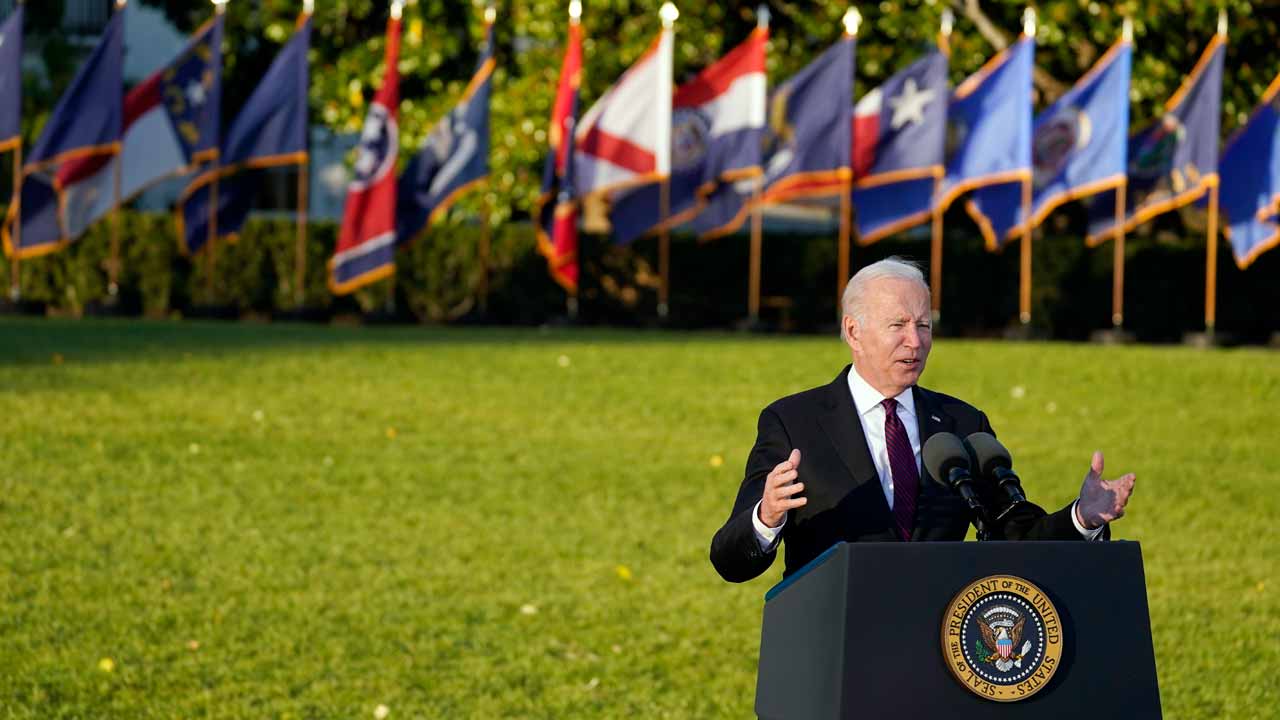
(Associated Press contributed to this article.)
RELATED TOPICS:
Categories

Israel to Join Trump’s ‘Board of Peace’, Netanyahu Says

Instagram’s Top Exec Grilled over Safety Decisions at Trial


